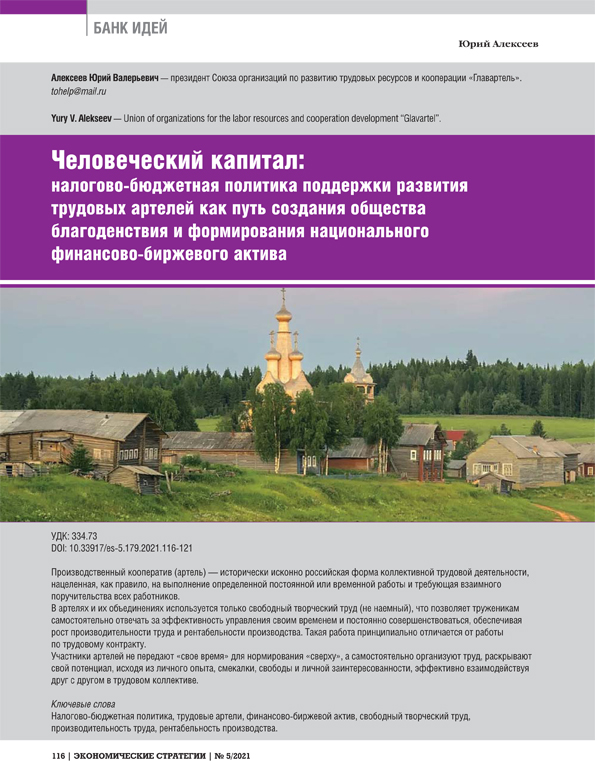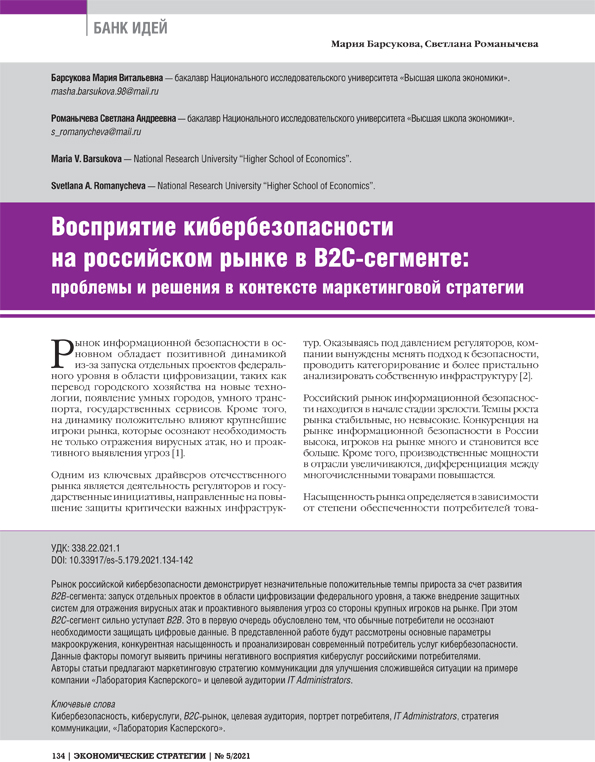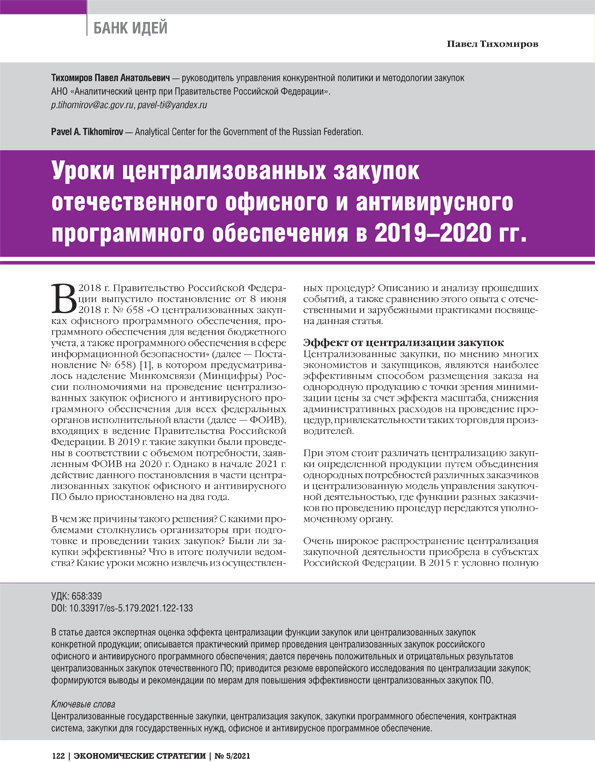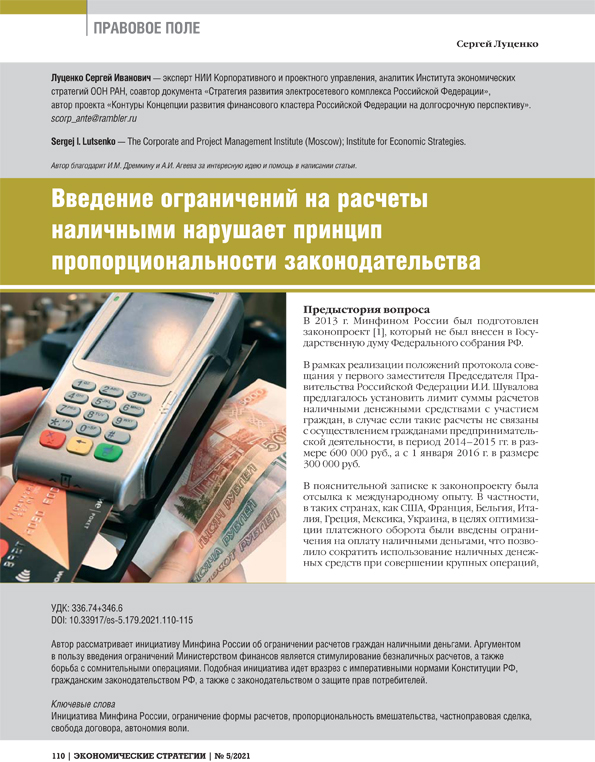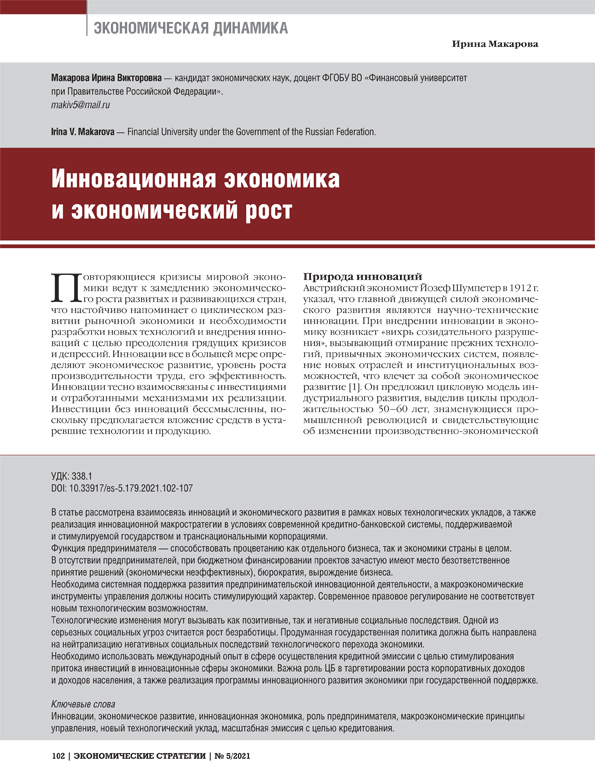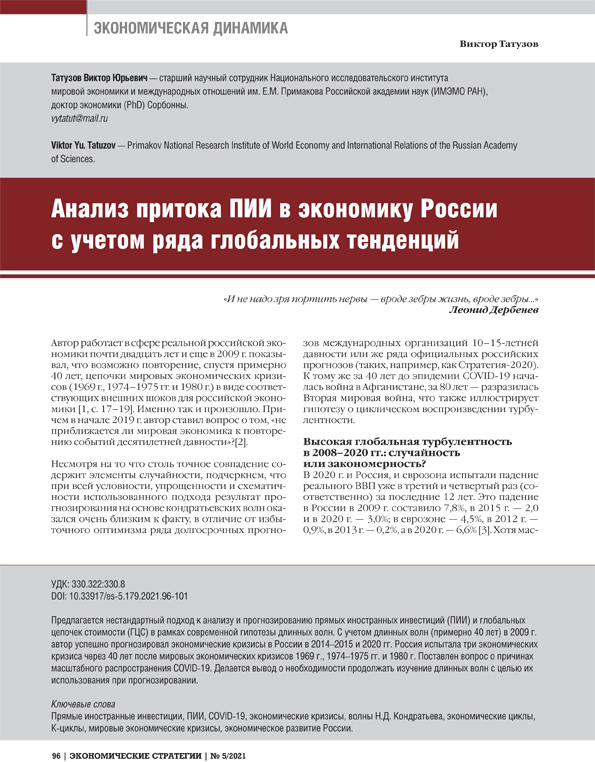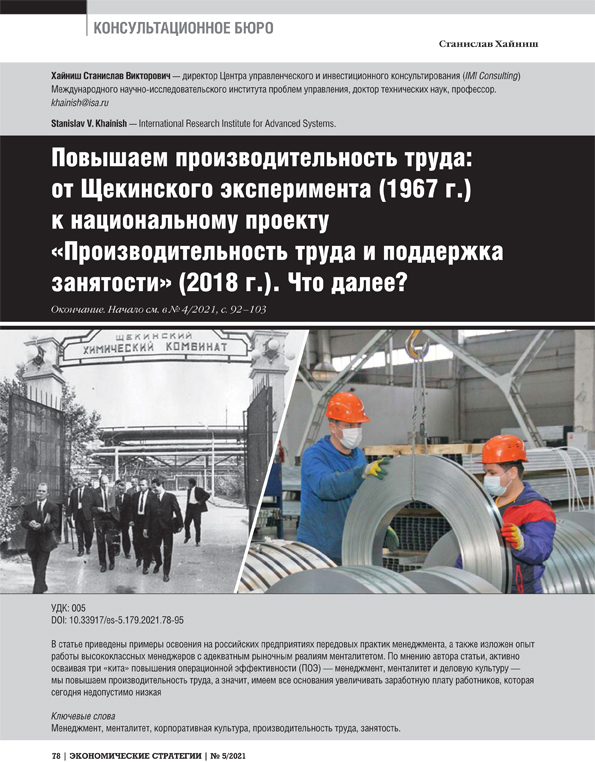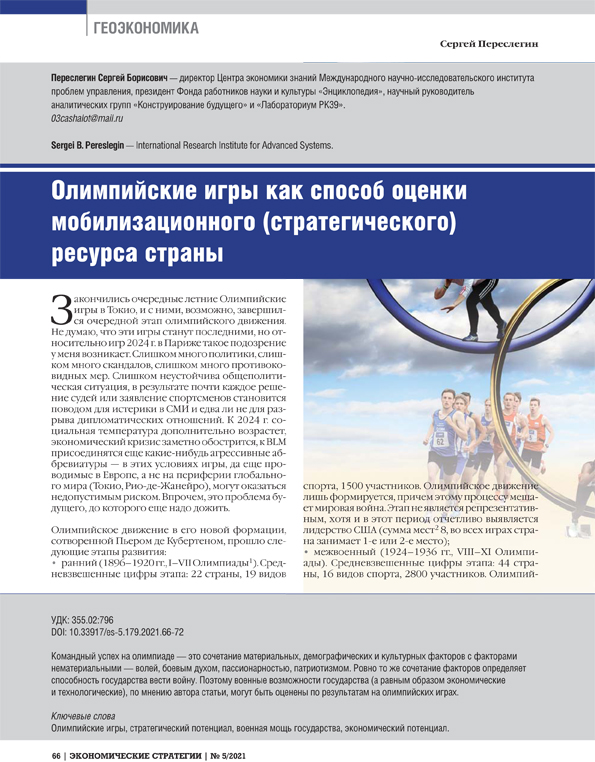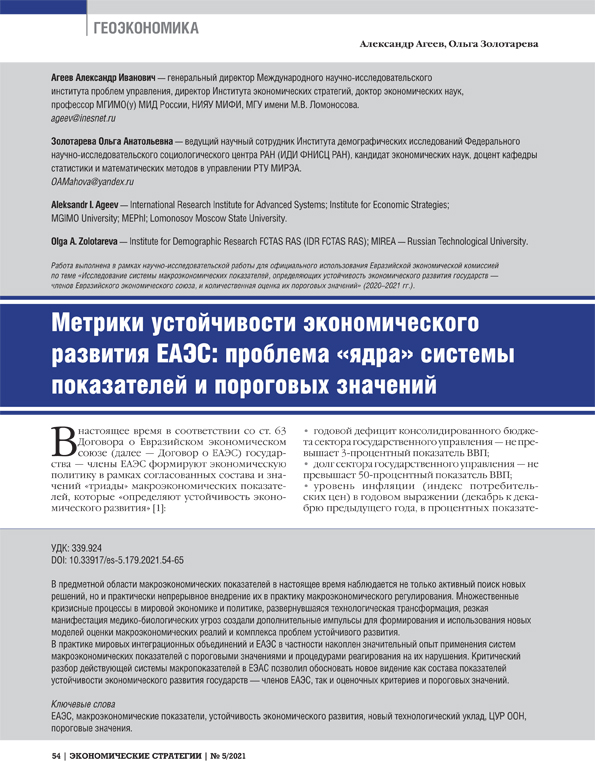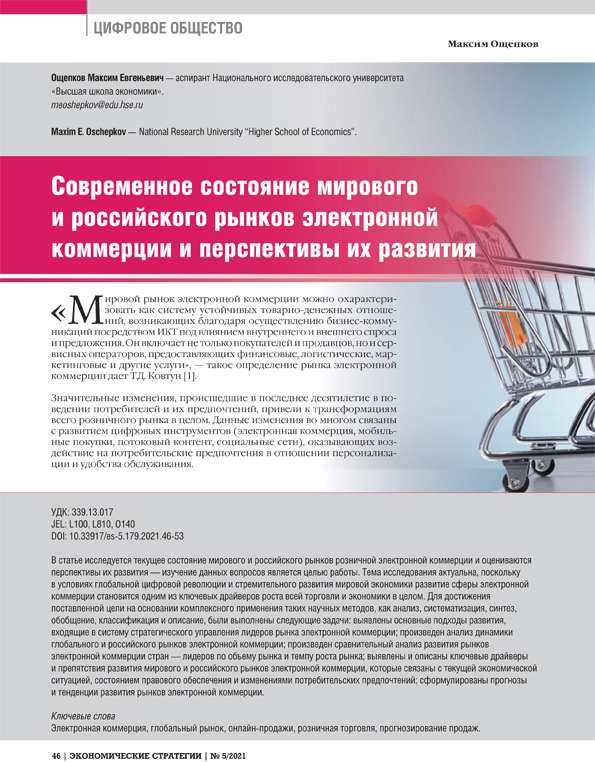Human Capital: Fiscal Policy to Support the Development of Labor Cooperatives as a Way to Create the Welfare Society and to Form the National Financial-Exchange Asset
DOI: https://doi.org/ 10.33917/es-5.179.2021.116-121
Production cooperative (artel) historically is a native Russian form of collective labour activity, aimed, as a rule, at performing certain permanent or temporary work and requiring mutual guarantee of all workers. Artels and their associations are based only on free creative labour (not hired labour), which allows workers themselves to be responsible for efficiency of managing their time and to improve constantly, providing an increase in labour productivity and production profitability. Such work is fundamentally different from the work under an employment contract. Members of cooperatives do not pass “their time” for rationing “from above”, but independently organize their work, revealing their potential, based on personal experience, ingenuity, freedom and personal motivation, effectively interacting with each other in the workforce.



